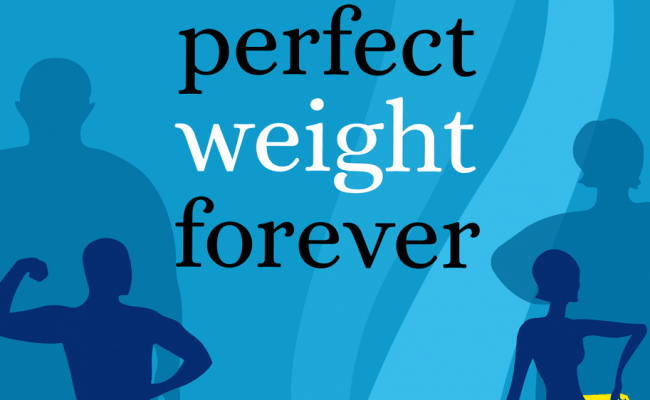
Low carb, gluten free, vegan or Paleo? With so many eating style options, how are you supposed to know which eating plan is best for you? In fact, is there only one eating plan that is best for you? The options can seem overwhelming, especially at the start of the year if you are trying to implement healthier eating habits for a New Year’s resolution.
Fad diets aside, there are many healthy eating plans to choose from. What they all should have in common is an emphasis on fruits, vegetables, heart healthy fats and healthy protein and complex carbohydrate options.
Processed snacks and sweets should be limited, and there should be a variety in your diet. Taking these over arching points into consideration, healthy eating plans could vary off these principles.
The maybe good or not good news is, according to Harvard Health (1), there isn’t one size fits all diet.
Many studies suggest different healthy eating styles can all provide some benefit. What may be more of a determining factor is what you will stick with long term.
There may be several factors for determining what eating plan is ideal for you.
Personal genetics and nutrition
The nutrients in food can actually affect the molecular processes of DNA, gene expression, metabolism and disease development (2).
Personalized nutrition plans based on genetic factors are still being studied, and the details of how someone’s personal genetic information could influence their diet needs still need to be clarified.
The USDA gives general nutrition guidelines though MyPlate, and these guidelines are meant to meet the needs of most of the general population.
Currently, basing nutrition needs off these guidelines is recommended unless personal health issues alter your needs.
Personal history
One reason why there isn’t a one size fits all diet is everyone has different medical history. Working with your healthcare team can help ensure you are getting key nutrients you may need based on previous or current health issues.
Food allergies, sensitivities, health conditions and blood work could all factor in which eating plan can be right for you.
For example, getting enough omega 3 fatty acids is beneficial for anyone. However, certain medical conditions may warrant a higher dietary intake.
People at a higher risk for high blood pressure or type 2 diabetes may benefit from following a different eating plan based on their needs.
US News & World Report Ratings
If you are not sure you need any specialized diet recommendations from health conditions, follow generally recommended healthy eating plans.
The US News & World Report (3) rank diets based on over all, weight loss, diabetes, heart health and easiest diets to follow.
The best overall diet and best diet for healthy eating that has consistently been ranked number one for best overall diet is the DASH diet.
The DASH diet has been shown in research studies to help lower blood pressure. It is also a healthy diet that can be enjoyed even if you don’t have high blood pressure.
It focuses on a high intake of fruits, vegetables, whole grains and low in fats and sweets (4).
Other top overall diets include: the MIND and TLC diet.
If you have health issues like diabetes or heart disease risk, you could try eating plans ranked best in these categories from US News & World Report.
Convenience: What will you stick with?
Whether it’s the Mediterranean eating plan or the DASH diet you choose, the big question is what healthy eating plan will you stick with long term?
Bouncing from diet to diet does not do any favors for long term health or weight loss. Look past a few weeks and see what would fit best with your lifestyle, budget and preferences.
Eating healthy is not always easy or convenient, but making healthy eating choices should be the norm not the exception.
How can you fit this into your norm? Some people naturally gravitate towards a Paleo inspired eating plan, while others may choose more a vegetarian approach for example.
Either eating plan could be healthy for you as long as it fits under the emphasis of pure, natural foods from a variety of sources with minimal processed sweets, snacks, etc.
Are there differences in eating plans for weight loss?
Does one eating plan have an advantage over others for weight loss?
Does it matter what percent of your calories are coming from carbohydrates, fat or protein?
You can find several research studies in favor of many different diets being superior for weight loss.
Why? Many healthy eating plans can work for weight loss, and short term weight loss results could vary.
A large 2009 study (5) tried to settle the debate for which diet type could influence weight loss the most after two years.
Researchers put participants into diets that varied the protein and fat amount. All groups had the same goal of getting low amount of saturated fat, high fiber and low cholesterol food intake.
All participants were following a lowered calorie diet, and all participants had a goal for at least 90 minutes of moderate exercise per week.
Researchers found after 2 years, all groups lost weight and there wasn’t significant difference between groups.
Differences in protein, fat or carbohydrate percentages did not significantly influence weight loss in this study.
Researchers concluded cultural norms, novelty and media attention can be reasons for success with diets; personal or cultural preferences can of course vary.
The best chances for long term weight loss success, as noted by the researchers from this study, is something tailored to individual preferences.
There is no one macronutrients break down for protein, carbohydrate and fat that has been shown to be superior for weight loss.
The question is, what will you stick with and also what are the quality, not just quantity, of your energy intake?
Conclusion: exercise and environment
Besides eating pattern, don’t forget exercise can also influence molecular processes in the body. The relationship between food intake and exercise can go hand in hand for health.
Environmental pollutants, stress and other factors can also have a strong influence on health. All these things taken together along with personal individuality make a very complex network of how your body grows, functions and stays healthy.
As research continues to unfold genetic data, the area of personalized nutrition will continue to grow.












